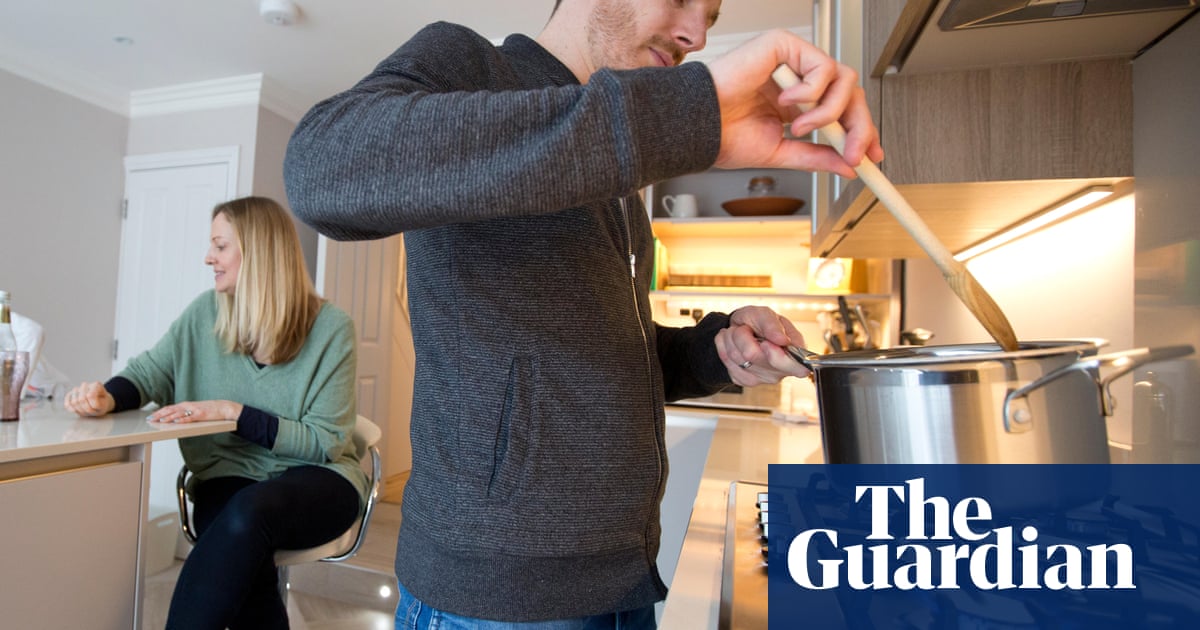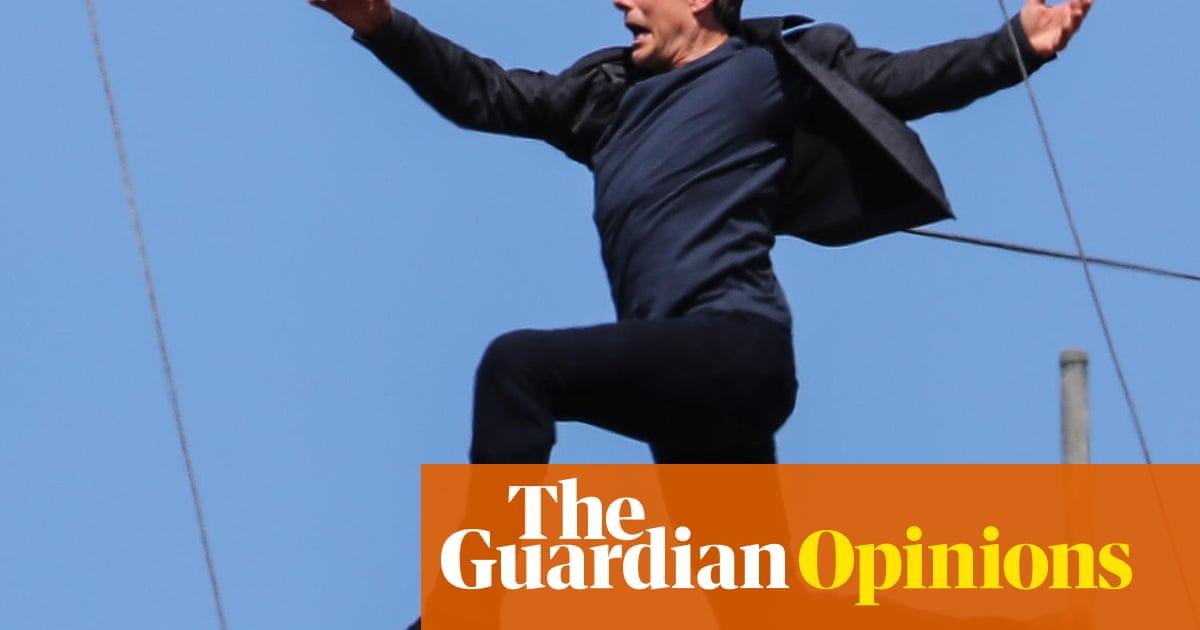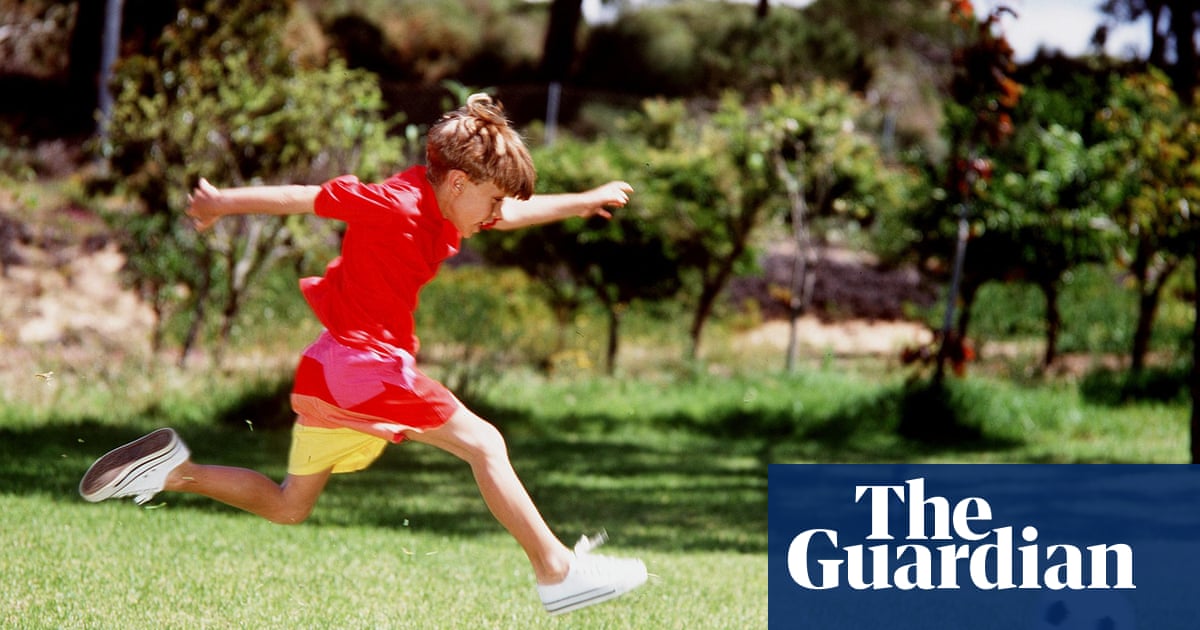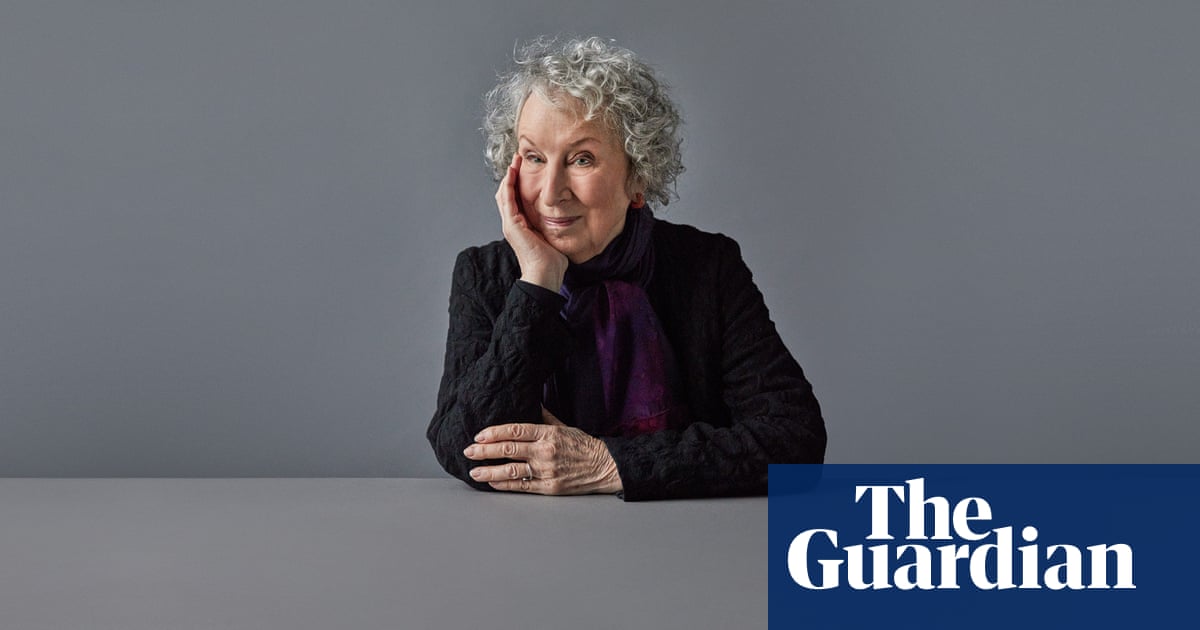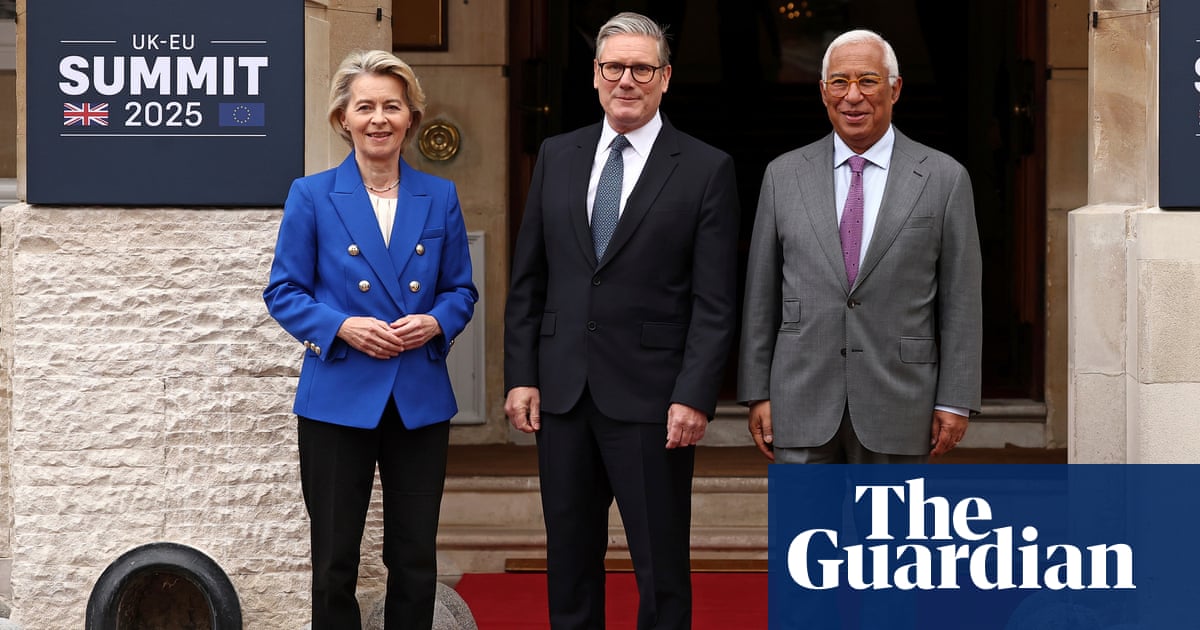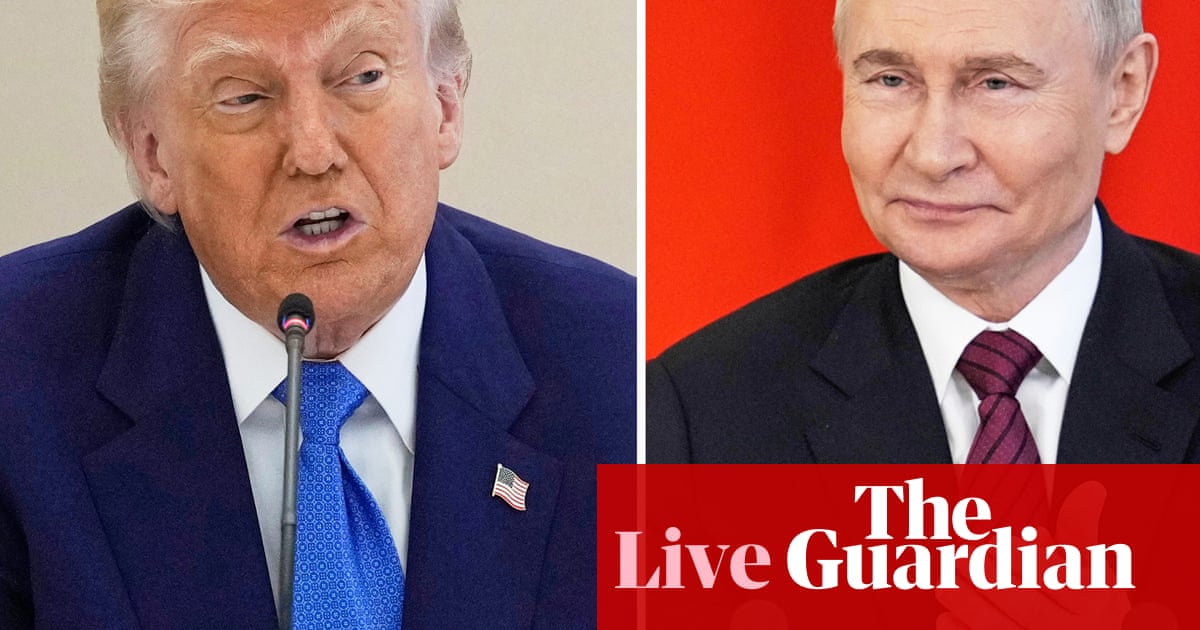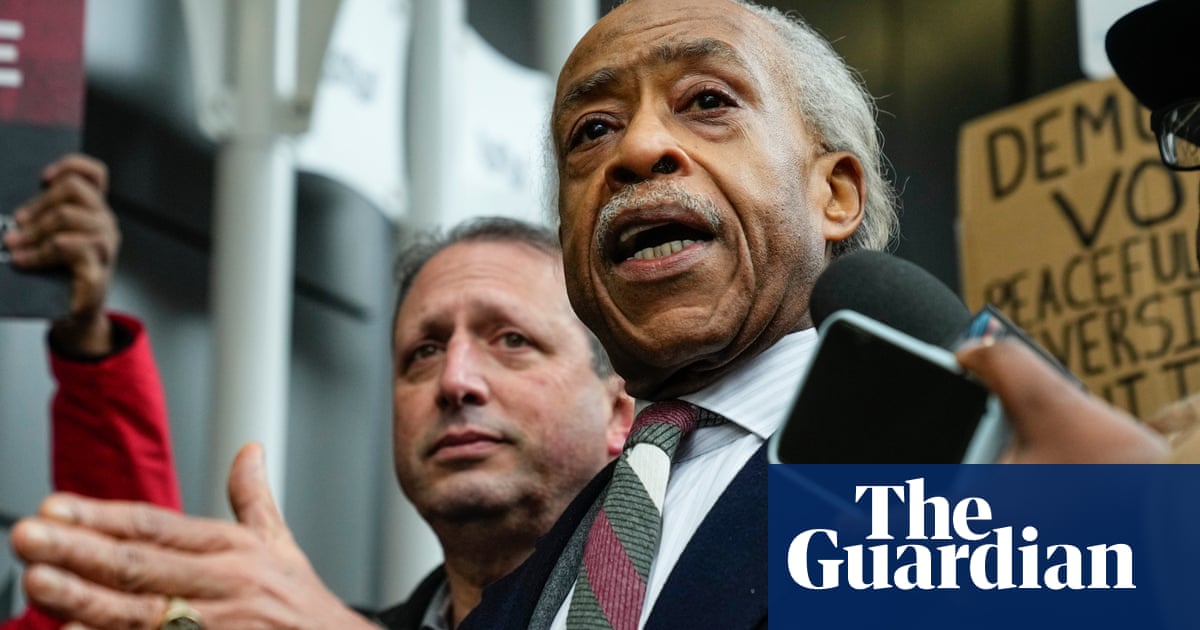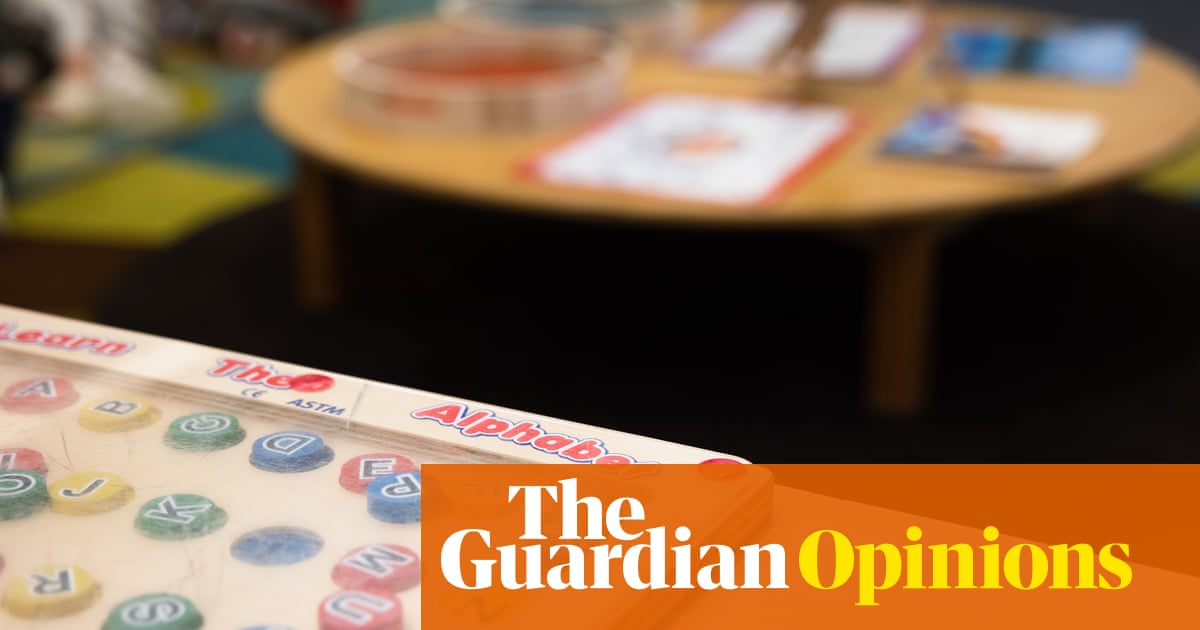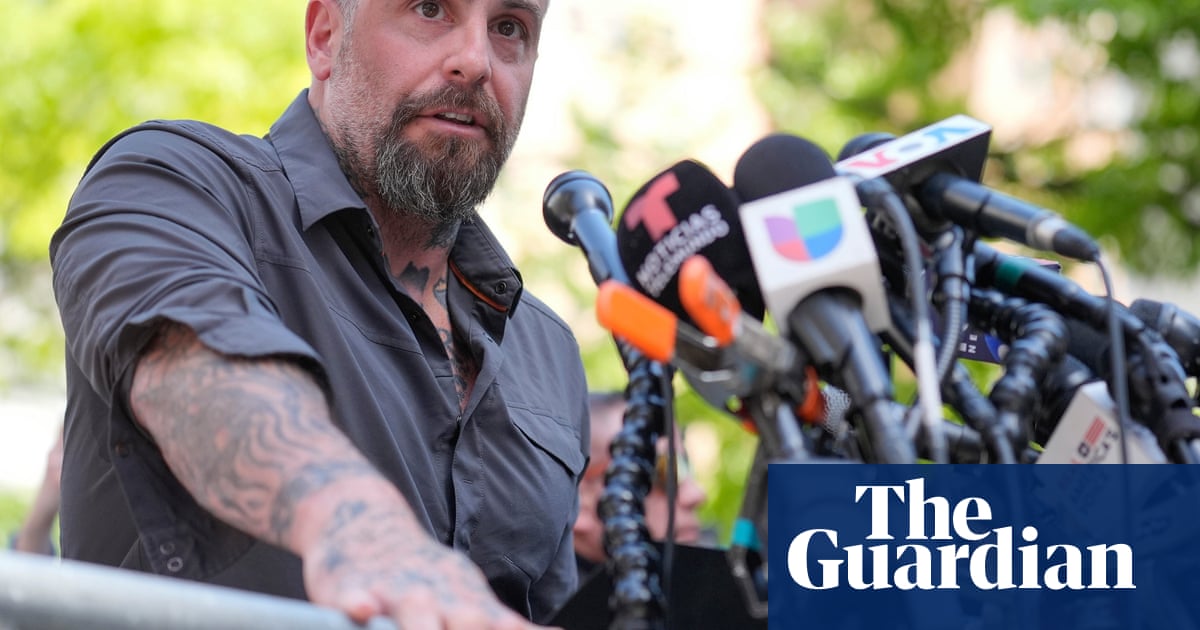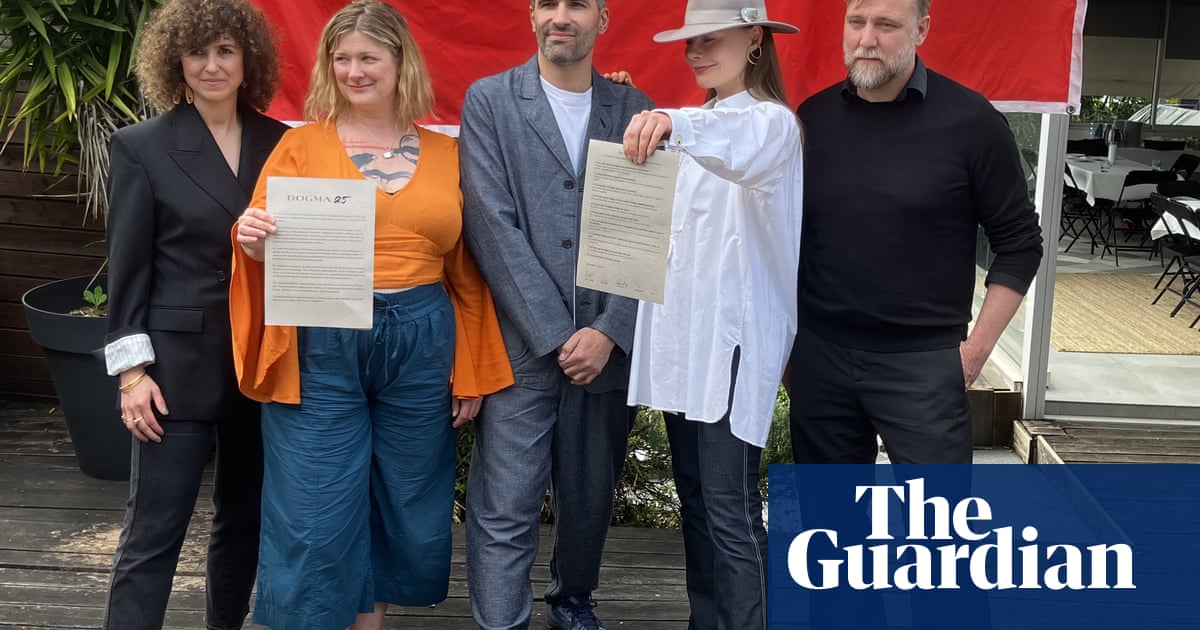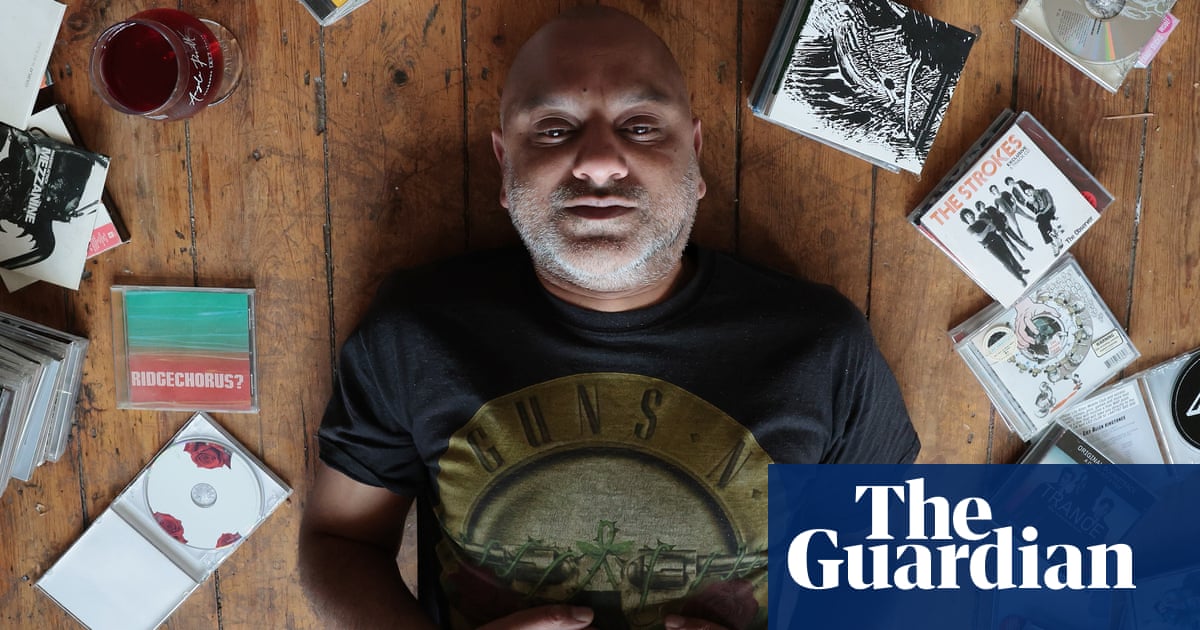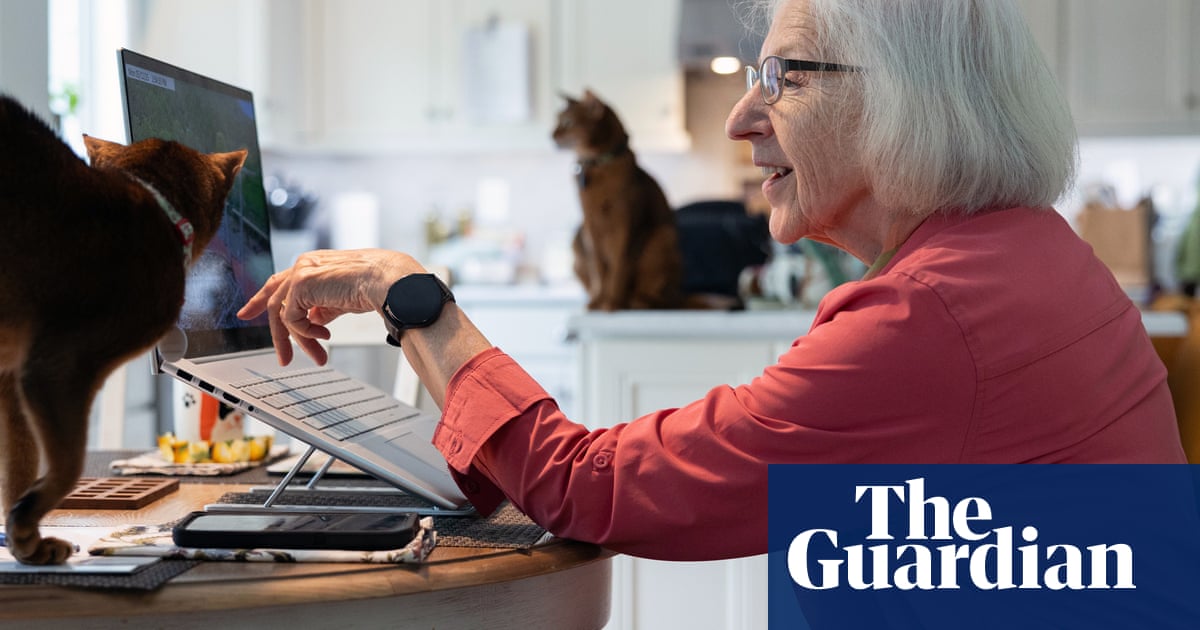Bulgarian authorities have been accused of ignoring emergency calls and obstructing efforts to rescue three Egyptian teenage boys, who later died in sub-zero temperatures near the Bulgarian-Turkish border in late December.
A dossier of evidence compiled by two humanitarian organisations, seen by the Guardian, contains photos, testimonies and geolocations allegedly showing the authorities’ failure to save the boys, who called for help as they struggled cold and lost in the forests of Burgas, in south-eastern Bulgaria.
The organisations, No Name Kitchen (NNK) and Collettivo Rotte Balcaniche (CRB), say their report, Frozen Lives, reveals a bigger picture of brutality against migrants at Europe’s borders.
Bulgaria’s border with Turkey is a frequent crossing point for people hoping to claim asylum in Europe but there have been well-documented human rights abuses in recent years, including allegations of illegal pushbacks of asylum seekers to Turkey. It is forbidding terrain, rocky and hilly with freezing winter temperatures and bitter winds.
NNK and CRB say they were first alerted on the morning of 27 December 2024 that calls had been made to an emergency hotline set up by an umbrella group of charities. The calls referred to three teenagers “at immediate risk of death” and sent GPS locations.
The activists then made multiple calls to the official 112 emergency number and attempted to reach the boys themselves.

Bulgarian border police allegedly hindered rescue attempts from the organisations despite being shown a video of one of the boys in the snow.
The boys, later identified as Ahmed Samra, 17, Ahmed Elawdan, 16, and 15-year-old Seifalla Elbeltagy, were all later found dead with Ahmed Samra discovered with “dog paw prints and boot prints around his body”, which, the report says, “indicates that the border police had already found him, maybe still alive or dead, but had chosen to leave him there in the cold”.
Activists returning to the scene later say they found that all traces of the prints had been erased. One of those who discovered the body in the snow said the image was forever “burned” into their memory.
One of the boys’ bodies was discovered to have been partly eaten by an animal.
The report details systematic harassment of the organisations’ rescue teams in plummeting temperatures in December, as well as vandalism of one of their cars, which they had been forced to abandon by border guards and was later found with its windows smashed and screws in its engine to disable it.

One rescue team had their passports and phones confiscated by police, and their fingerprints and photographs taken. A female activist was strip-searched at the police station.
“I was separated from my male friends and strip-searched in front of two border police officers and was made to sit there while they went through my bags,” she said.
“I was on my period and it felt deeply uncomfortable and unnecessary to make me stand there naked. It felt like every action the officers made was just to intimidate and scare us and put us off doing something similar again.”
During another rescue attempt, one group was forced to walk about six miles (10km) to the nearest town while being followed by border police in their car.

Several human rights organisations have sounded the alarm in recent years at what they say is a sharp rise in the targeting of those showing solidarity and working with asylum seekers and migrants across Europe.
Last September, the spotlight was back on the Bulgarian authorities after investigative reporting outlet Balkan Insight uncovered evidence suggesting officers of the EU border agency Frontex were being intimidated into silence about rights abuses they had witnessed at the Bulgarian border.
In light of the teenagers’ deaths, NNK and CRB have called for an “independent, formal investigation” into “systemic violence and negligence by Bulgarian authorities”, and “degrading treatment of people on the move”.
One activist said: “It should not be the responsibility of worried activists to reach people in the forest – border police are trained and paid to do so.
“It is utterly shocking that three minors froze to death in the forest even though multiple alerts to 112 had been placed. This is a huge failure for everyone. Not only the Bulgarian police forces, but for the EU overall and all its member states.”
The Bulgarian interior ministry rejected the allegations and said its border forces had reacted in a timely manner to reports of young people in distress, sending patrols “immediately”, but that the bodies were found in different locations to those initially provided.
It noted investigations were continuing in these cases, adding that the border police did not “allow or tolerate any expression of inhuman or disrespectful behaviour of its personnel towards the citizens. And this applies for all citizens and all third-country nationals who irregularly entered on the territory of the country.
“In 2024 there were 515 search-and-rescue operations conducted by general directorate border police of Bulgaria, with the purpose – to provide medical assistance to third-country nationals who managed to enter the country irregularly,” the ministry said. “Our patrols reacted to all of those signals in a timely manner, considering how crucial this is when a person is exposed to extreme weather conditions.”

 3 months ago
57
3 months ago
57
